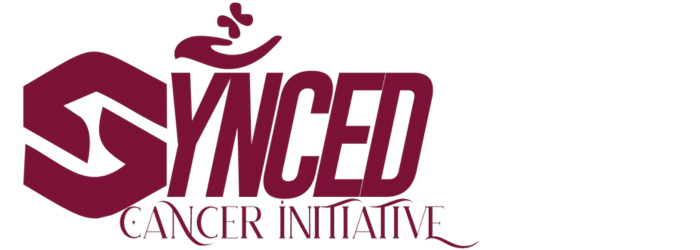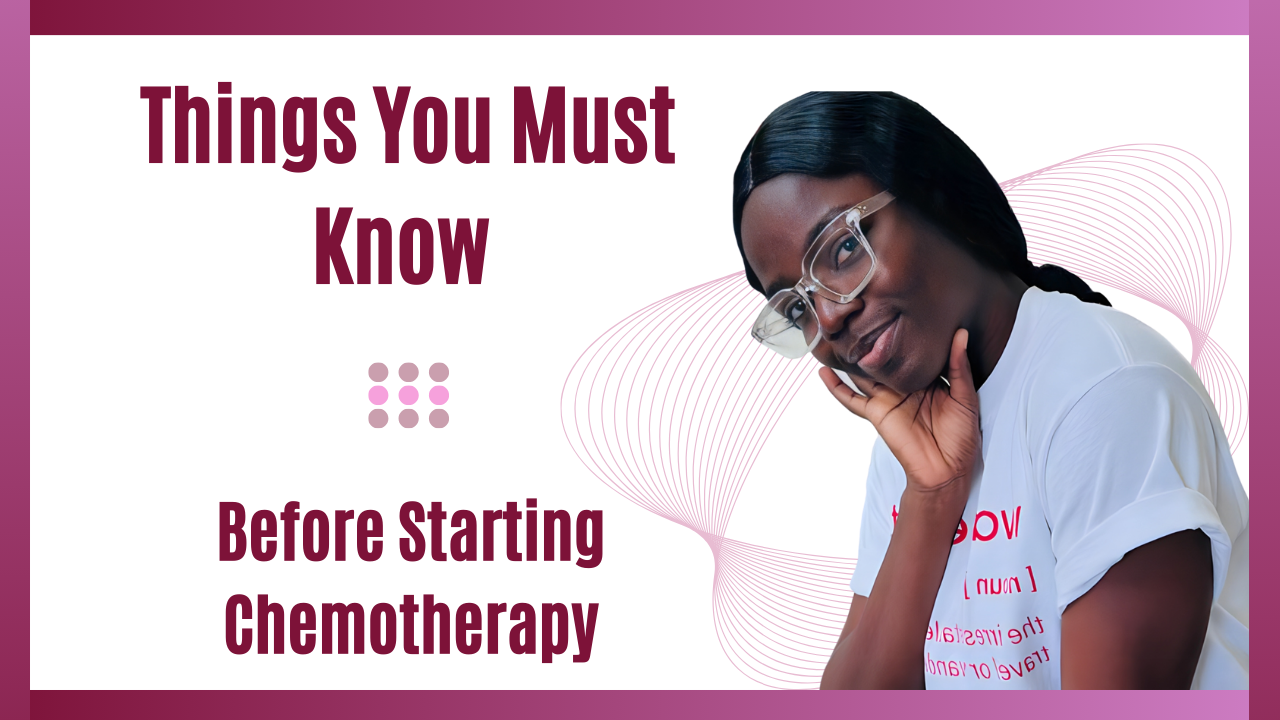Cancer chemotherapy. People don’t want to hear it, and they certainly don’t want to experience it. But those of us who have cancer frequently aren’t given a choice.
It’s crucial to be aware that everyone’s circumstance is unique and that the medications and therapies used to treat cancer might vary considerably.
Let’s say you’re considering receiving traditional or regular chemotherapy as a treatment. If so, you might find it helpful to ask your cancer care team the following questions to get as much information as possible.
You should find out as much as you can about your treatment and obtain an idea of the expected outcome before deciding on chemo as a treatment choice. Understanding the anticipated advantages, disadvantages, and hazards would be best.
Additionally, you will grant written consent for chemotherapy. Most times, doctors refer to this as informed consent.
Before starting chemotherapy and completing the consent form, consider addressing these concerns with your doctor or nurse. To prepare for your subsequent visit, taking note of these questions can be helpful.
- What chemotherapy medicines will I receive
- How will I be administered the medication?
- How frequently will I require cancer chemotherapy?
Do you know what chemotherapy is before you begin to rack your head and get yourself worried?
Before starting cancer chemotherapy, continue reading this article to understand what you must know fully.
What is Cancer Chemotherapy?
Before starting chemotherapy, note that chemotherapy is an aggressive chemical medicinal treatment designed to kill the body’s rapidly dividing cells. Since cancer cells grow and divide more quickly than other cells, it is typically utilized to treat cancer.
An oncologist is a medical professional who specializes in the treatment of cancer. They’ll collaborate with you to develop your treatment strategy.
Combining chemotherapy with other treatments like surgery, radiation, or hormone therapy is common. Before starting chemotherapy, note that the therapy’s application is dependent on the following;
- The extent and kind of cancer you have
- Your general health and any prior cancer therapies
- The location of the cancer cells has determined your preferred course of therapy. It’s a systemic treatment, which means it impacts the entire body.
Before starting chemotherapy, note that even though chemotherapy successfully fights cancer cells, significant side effects can negatively affect your quality of life. When determining if chemotherapy is the best option, you should balance these adverse effects against the risk of going untreated.

Further Questions About Cancer Chemotherapy You Need To Know
You have seen some essential questions you must answer in the introductory part of things you must know before starting cancer chemotherapy. In a section, you need to answer some other important questions before starting chemotherapy.
- Can I drive myself to and from therapy appointments, or do I need a ride?
- How can I prepare for therapy to lessen the possibility of side effects?
- Can I still take my other medications, vitamins, and supplements when receiving chemotherapy?
- Will I need to make any dietary changes? Can I consume alcohol?
- Will I also require radiation, surgery, or both? When and why, if so? What outcomes might I anticipate?
- Will chemo after radiation or surgery eliminate any cancer cells that may still be present? Can chemo be used on its own?
- How long do I have to decide on a course of treatment? How long do I have to wait to begin treatment? How much time is too much?
- How many treatments will I receive?
- How will I get chemotherapy?
- What is the purpose of my cancer’s chemotherapy?
- How likely is it that the chemotherapy will be effective?
- Do other strategies to accomplish the same treatment objectives?
- How can I tell whether the chemotherapy is effective?
- What will we do if this chemotherapy is unsuccessful?
When all these are answered, it will help you to determine if you need to see the oncologist urgently before starting chemotherapy.
How To Get Ready For Chemotherapy
Planning beforehand is essential before starting treatment because chemotherapy is a severe course of action for a serious illness. You can anticipate probable treatment-related issues with the assistance of your doctor and the hospital personnel.
You’ll undergo several tests to see if you’re healthy enough for chemotherapy before starting treatment. This will involve a cardiac check and blood tests to evaluate your liver’s condition.
The results of these tests can also assist your doctor in choosing the kind of chemotherapy to employ for your treatment.
Additionally, before starting therapy, your doctor could advise scheduling an appointment with the dentist. Chemotherapy interferes with your body’s natural ability to heal, so any gum or tooth infection risks spreading to the rest of your body.
Your doctor may insert a port if you receive chemotherapy through an intravenous (IV) line.
A port is an implanted device usually located close to the shoulder in the chest. It is less painful and makes it easier to access your veins. The IV will be put into your port during each treatment.
What Does Chemotherapy Feel Like?
Before starting chemotherapy, keep in mind that a lot of things will be done.
The steroids might energize you, while the allergy and anxiety medications might put you to sleep.
The first time you receive chemotherapy, having a caretaker with you is crucial because you never know how you’ll feel afterward.
Cancer chemotherapy treatments might last anywhere from 5 minutes to 8 hours or longer. Everything is based on the chemotherapy.
Your nurse will visit you periodically during chemotherapy to monitor your vital signs and ensure you aren’t having an adverse drug reaction.
Use your infusion time to accomplish whatever you like in the interim, including relaxing, visiting, eating, and working.
If you decide to take a stroll or sit outside, the IV stand will even roll with you.
Following the completion of the cancer chemotherapy, the nurse will “flush” your IV line with saline before deactivating your port or removing your IV.
After the chemotherapy, they could ask you to wait for 30 minutes to ensure you don’t have any adverse drug responses.
You can then return home. Again, depending on your pre-medications and chemotherapy, you can feel quite energetic in the morning or tired in the afternoon.
Conclusion
Even the most confident people can experience worry and uncertainty before having their first cancer chemotherapy appointment.
Before starting chemotherapy, remember that your medical team will be there to help you. Additionally, each session will involve constant observation of you.
Your doctor and cancer treatment group will routinely evaluate the success of your therapies and cancer chemotherapy chemotherapy.
These will likely entail blood tests, imaging procedures, and other things. Your medical professional may change your regimen at any time.
Your experience receiving treatment will be improved the more information you share with your doctor about how chemotherapy is affecting you.
For your doctor to modify your treatment, you should inform them of any adverse effects or treatment-related issues you’re experiencing.
Relax and seek the necessary medical attention because the medical team is in place to help you out even before starting chemotherapy.










What do you think?
It is nice to know your opinion. Leave a comment.